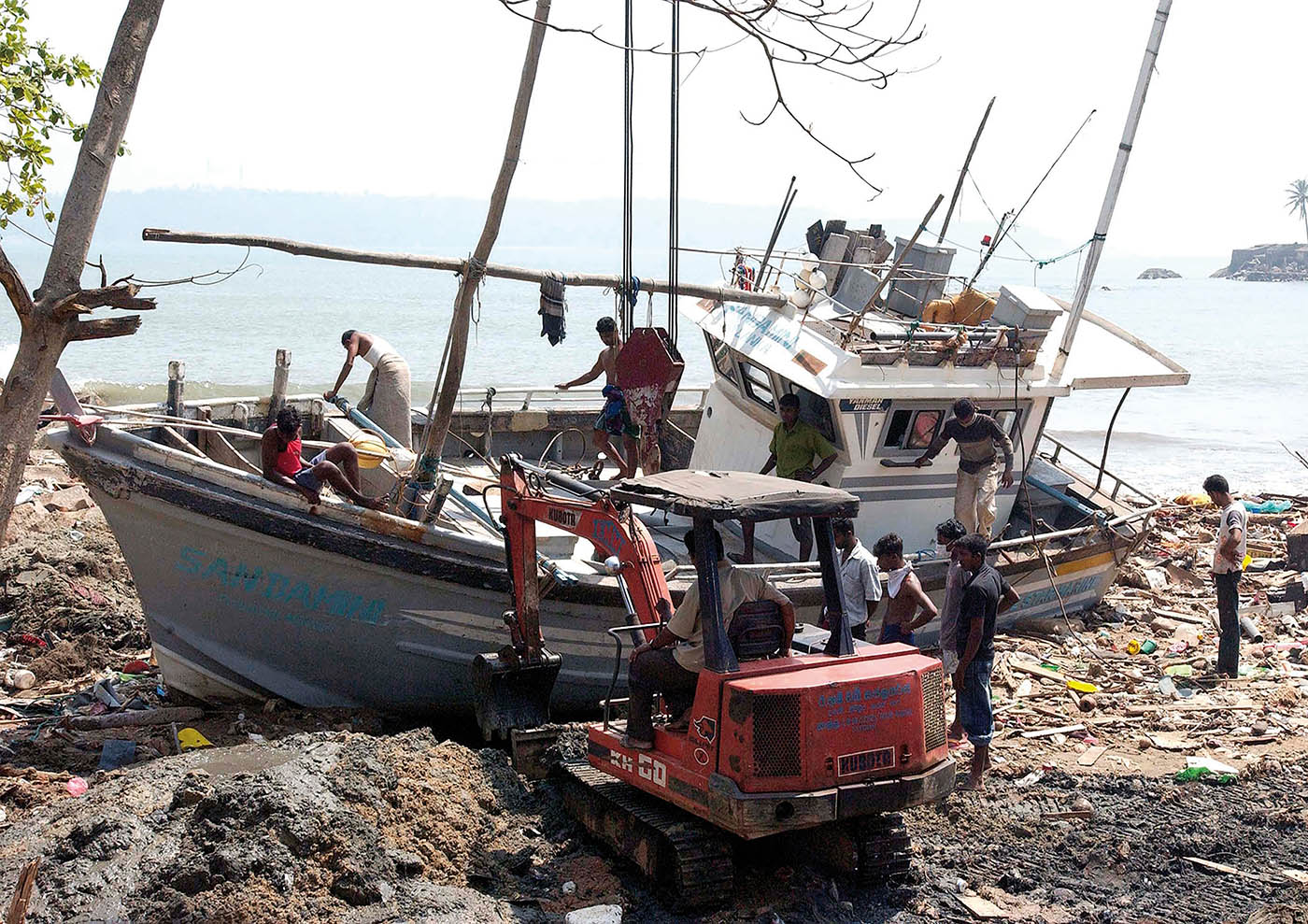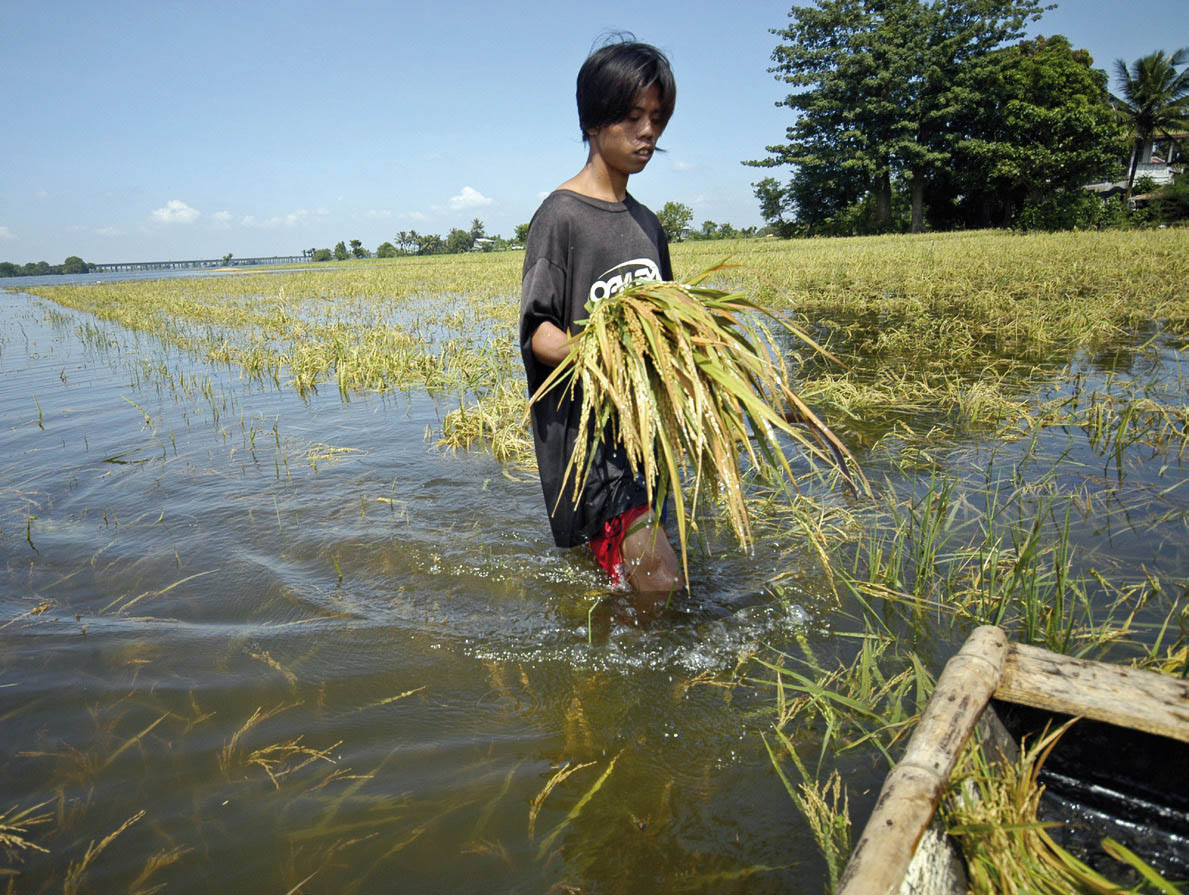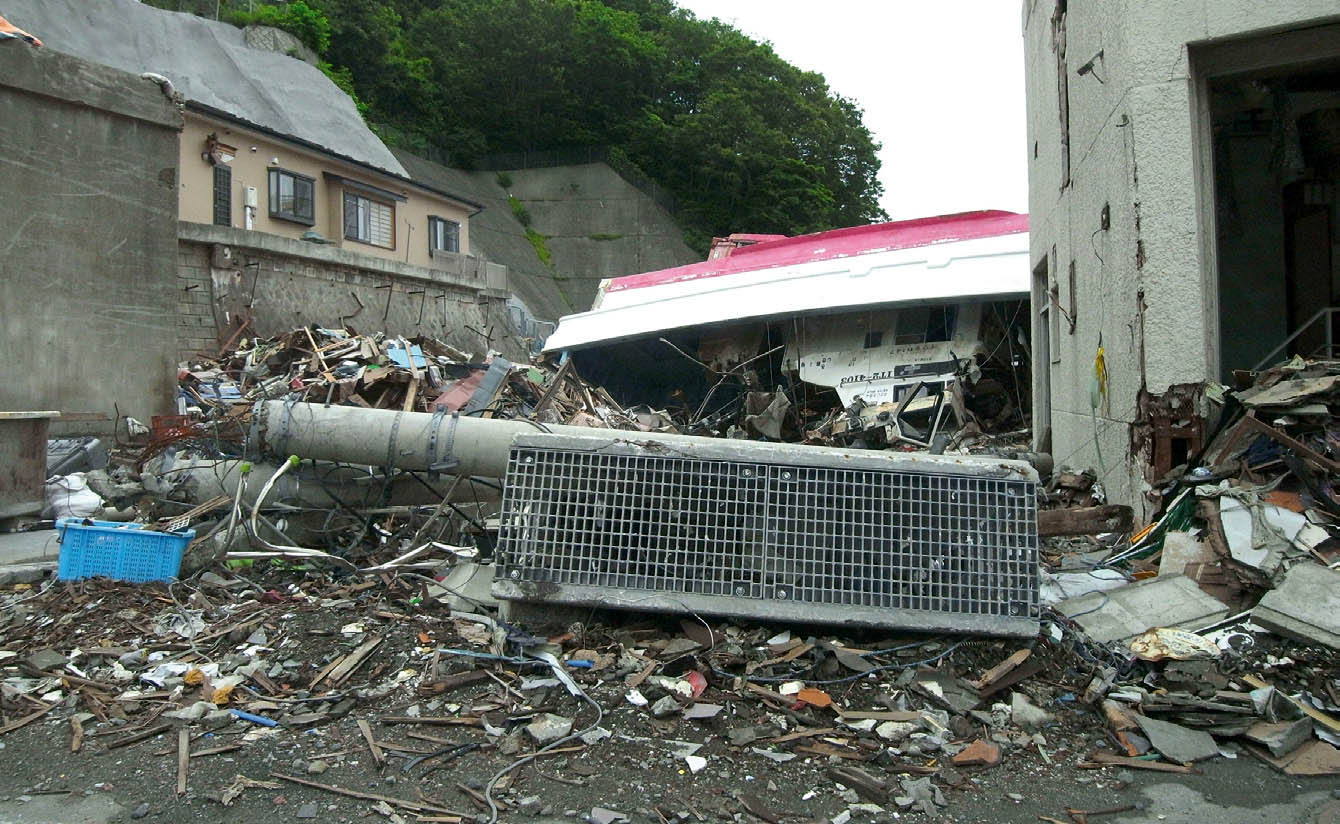Environmental issues, social activism and policy challenges
Environmental concerns are top on the list of any local, national or international agenda due to the increasing scale and frequency of these issues. Our daily lives, behaviours and actions are all somehow intertwined with the environment in its larger sense. Sustainability discussions have been putting more emphasis on the environment, environmental protection, and environmental governance, within its three-legged frame (economy and society being the other two legs). The governance mechanisms involved are no longer taking place on just a state-to-state platform, but rather, other interstate and non-state initiatives have been taking the lead while addressing, questioning, raising awareness, and taking action vis-à-vis these rising issues of sustainability and environment. Most of the non-state actors, namely communities, civil society initiatives, non-governmental organizations (NGOs), and non-profit organizations (NPOs), raise their voices in an attempt to influence and amend public policies concerning the environment, for the attainment of sustainability on local, national, and international levels, with the goal of a more ecologically fair society for today’s and future generations. Their motivation to act and become involved is often because they have been first-hand witnesses and victims of environmental degradation or disasters.
Environmental changes can be gradual or sudden. Sudden events usually take the form of natural disasters, climatic conditions, and related infrastructural accidents. Natural disasters can range from geophysical disasters (avalanches, earthquakes, and volcanic eruptions) to hydrological disasters (floods, landslides, and tsunamis), and meteorological disasters (storms, droughts, heatwaves, and wildfires). The 2011 Great Eastern Japan Triple Disaster (earthquake, tsunami and nuclear meltdown) is an example of just how quickly our lives can be devastated by a sudden natural occurrence.
Gradual environmental events include the catastrophic impacts of general climate change (the negative impacts of greenhouse gas emissions pose the largest threat for all communities), shifting weather patterns, ecosystem degradation (especially in vulnerable locations such as coastal, low-lying and agrarian land), rising sea-levels (particularly for rural areas by the coast), deterioration of water and air quality, and loss of biodiversity (plants and animals). This list is not exhaustive yet covers many issues facing the world’s population in general, in particular those vulnerable communities and social groups who live in environmentally insecure areas of developing countries.

Aftermath of Indian Ocean Tsunami in Galle, Sri Lanka 2004. Image courtesy of the UN on Flickr.
Uncontrolled urbanization is another problem. With increasing numbers of migrant communities from rural areas packing into city centres and fringes, the new city surroundings present new risks. Sudden and gradual environmental events are a threat to people’s daily lives and their basic human needs, such as clean air, (drinkable) water, food, shelter, sanitation, heating, among others, that provide a secure living environment. In most cases, immediate or mid-term responses by service providers, namely local governments, governmental agencies, and national governments, are too slow or insufficient, so that people are forced to try and create their own protective measures and coping mechanisms.
Contributions to this Focus
ICAS 11 (International Convention of Asia Scholars; 16-19 July 2019) hosted three consecutive sessions on ‘environmental issues, social activism, and policy challenges’ by successfully gathering various papers on different regions, issues, and communities of Asia. In all, there were 11 presentations that focused on various environmental issues in different regions/countries; social activism and responses from small-scale gatherings to mass movements; and challenges to environmental policies, thereby looking at (local) government responses to environmental events and the growing environmental activism among civilians.
The first session hosted four presentations that concentrated on policymaking and implementation of environmental governance (on university collaboration at an international level to cope with rising environmental issues of urbanization, and the re-definition of an environmental migration framework), and bottom-up mobilizations and ways in which NGOs are struggling to cope with the hard-core policymaking practices of central governments.
The following session hosted three papers on the betterment of organic farming conditions in rural areas and local markets while connecting them to larger markets; reactions and response capacities of central and local authorities to disaster preparation and resilience in Southeast Asian countries; and central governments’ role in promoting nationwide environmental policies on climate change. The final session of the series presented its audience a variety of topics, including energy politics at the national level; environmental activism and social mobilization with the use of social network services (SNS); cultural sensitivities and attitudes while practicing voluntary activism; and legal aspects of protecting the environment through learning mechanisms of the political culture.

Man walking through a flooded rice field. Image courtesy of the World Bank on Flickr.
This short Focus section of The Newsletter comprises four of the papers presented during the ICAS 11 sessions on environmental change, social activism and policy challenges. The first piece, written by Nguyen, focuses on the learning practices of people on their way to becoming environmental citizens in Vietnam. Bottom-up approaches, ranging from small size SNS activities to large scale, highly-participated and even internationally acclaimed protests to protect the natural environment in Vietnam, are scrutinized alongside various interesting and engaging case studies. People have practised, learned, and emerged as active participants of the culture of opposition and criticism of local and central governments. In the meantime, an already evolving political structure in Vietnam has also started to transform the way the government responds to its people.
The article by Schlehe looks at public awareness about waste and waste production in Indonesia by focusing on cultural traits, perceptions, and transformations within society, from an anthropological point of view. She outlines the rationalist approaches to waste management practices in the country and how moral reasonings and communal initiatives are shaped by cultural environment and personal perceptions, while awareness for environmental changes and challenges is increasing. She underlines the importance of joining all efforts not only on an individual or community basis, but also at commercial and transregional levels, in order to cope with environmental challenges.
The third piece is co-written by Chica-Morales and Domenech. It discusses the university-level collaborations between South Korea, Spain and Mongolia, that are creating an intellectual and research environment for those stakeholders concerned with environmental degradation and urbanization in Mongolia. Environmental shifts have already started to force people to adapt cultural habits, such as living in their traditional tents, known as Ger. The university initiative presents a transnational and multidisciplinary approach to mobilize communities within the academia to look at issues of environmental change and find solutions for both people and policymakers at local and central government levels.
The last article is by this author, Uyar Makibayashi; it challenges our existing policymaking agendas by redefining the concept of migration from the perspective of environmental change. Underlining the growing significance of environmental change within migration discussions, it is plausible that policymakers on all levels need to find better solutions to the environmental issues faced by increasing numbers of migrating groups and emerging migrant communities, both in their sending and receiving countries.
Towards better communication and sustainable governance
As can be seen in the following articles, there is much potential in social network services and other digital media for communicating the details of environmental issues (the dangers and threats of both sudden events and gradual changes) and presenting the options of how to take action, ranging from online social activism to gatherings of the masses. New policy agendas emerge, to be presented to local and central governments, to help them change their policies to be more humane and environmentally friendly.

Otsuchi Town, three months after the Great Tohoku Earthquake, Iwate Prefecture, Japan (Photo taken by the author, 25 June 2011).
There is no fixed or absolute way in which to mobilise and activate these non-state actors and civil voices, because there exist a multitude of political cultures, regimes, and institutions in different countries and regions. In all truth, the bottom-up movements to challenge and amend environmental policies, and the top-down initiatives by local and central, as well as international governance mechanisms, to hear, invite, integrate, and realize these challenges and recommendations from the public, are both relatively new constructions. The fierce speed of communications through the internet and social network services, as well as cheaper and faster modes of transport for people to mobilize, gather and communicate with other participatory actors of policymaking, have transformed the way we plan, discuss, and implement our politics. Though there are still many hurdles to people’s free participation and involvement in politics, adjusting ourselves to the still transforming phenomena is crucial. More people-based approaches in which we are more receptive, more participatory, more active in taking initiatives to change and protect our livelihoods and environment are being accomplished in a growing number of instances. The next step is for our political cultures and governance mechanisms to strive for just and fair (both for ourselves and for our environment) legal frameworks, and more sustainable solutions for the inevitable sudden and gradual environmental changes.
Aysun Uyar Makibayashi, Associate Professor, Faculty of Global and Regional Studies, Doshisha University, Kyoto auyar@mail.doshisha.ac.jp